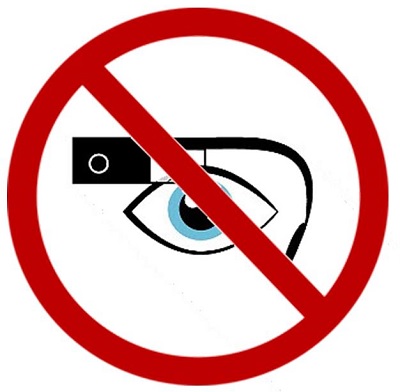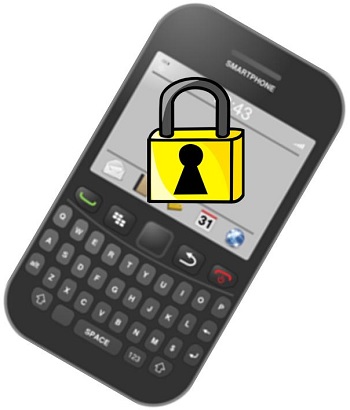New anti-router gadgets are working to block augmented reality glasses, cameras, and drones from connecting.
There is a growing number of people who are feeling uneasy about the presence of security cameras, drones, and Google Glass wearers, among other types of device, that could be recording video or audio of them without their knowledge or permission.
In response to this discomfort with the technology, devices are being developed to stop those devices from getting online.
Among these devices, one that is currently receiving a considerable amount of attention is the Cyborg Unplug. All that a user needs to do is to plug it into an electrical socket. From that point on, if a Google Glass device or some other form of surveillance gadget should try to connect to WiFi within the vicinity, it will sound an alarm
Moreover, that gadget can also stop Google Glass and other devices from connecting to a WiFi network.
 When plugged in at home for example, the Cyborg Unplug will stop surveillance devices from being able to connect to the owners WiFi network. Essentially, the device is a very small sized router that contains firmware that is built to be able to identify and stop devices based on their MAC addresses.
When plugged in at home for example, the Cyborg Unplug will stop surveillance devices from being able to connect to the owners WiFi network. Essentially, the device is a very small sized router that contains firmware that is built to be able to identify and stop devices based on their MAC addresses.
This particular mobile gadget was developed by an artist who resides in Berlin, named Julian Oliver. He came up with a bit of code that was called Glasshole.sh which was created specifically to stop wearers of Google’s augmented reality headsets from being able to connect to a WiFi network. The concept was popular enough that Oliver felt justified in developing a complete consumer product that was designed for that same purpose.
On the official website for the product, Oliver points out that when the Cyborg Unplug is in its “All Out Mode,” – which is the setting that stops Google Glass and surveillance devices from making a connection with any WiFi located in the area, the use of the device is actually not legal in many areas, and he advises against its use in that way. That said, with the option available, it would not be unimaginable for consumers to choose to break the law in order to try to protect their privacy…or more realistically, for activists to slip these very small sized devices into public places with hot spots, in order to cause some chaos.

 They explained that “As the iCloud hacking story continues to unfold, experts are finding it hard to talk about strong mobile security without bringing the corporate embodiment of it into the discussion.” A previous post provided readers with “five concrete steps for better mobile security.”
They explained that “As the iCloud hacking story continues to unfold, experts are finding it hard to talk about strong mobile security without bringing the corporate embodiment of it into the discussion.” A previous post provided readers with “five concrete steps for better mobile security.”